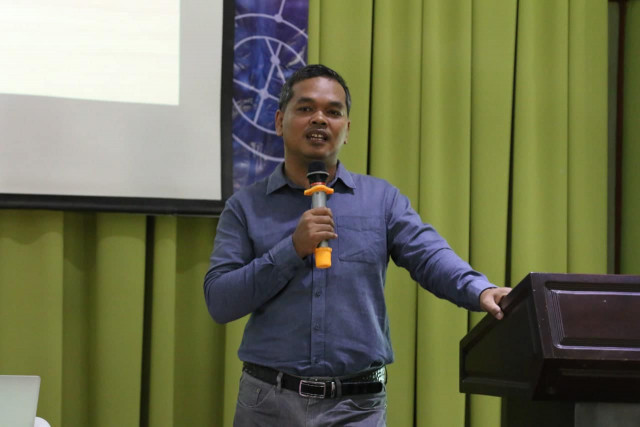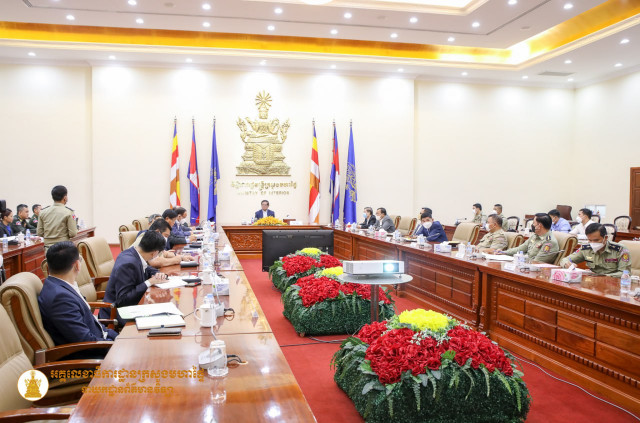Political Influence on Technical Officers Hurts Development: Civil Society

- By Teng Yalirozy
- December 12, 2022 6:15 PM
PHNOM PENH – Political influences on technical officers can risk the national interest and development, civil groups say.
Pa Chanroeun, president of the Cambodian Institute for Democracy (CID), said the leaders have the vision and initiative while the technical officers inspect and study the feasibilities of projects.
The government and the ruling Cambodian People’s Party were one entity, he said, giving most civil servants a reason to become party members.
“When the technical personnel in the government become the member of party, they can’t fully utilize their skills and knowledge in implementing the project,” Chanroeun said in the CONFREL Voice of Civil Society (VOC) discussion program on Dec. 12.
He said the independence of projects could be affected if technical officers carry out their work in favour of the ruling party.
The workflow in Cambodia’s public institutions was still messy with no clear division between the duty of the government and the political party.
“If the politician gives out a random command, it is just an empty promise,” he said.
“Giving the technical officer the opportunity to do the real work is essential. Although the decisions of the politician change a lot, the decision cannot be changed beyond the technical lines and national possibilities.”
Yim Leanghy, a vice president of the Khmer Student Intelligent League Association (KSILA), said corruption and the influenced court system stopped technical officers with skills and knowledge from working effectively.
He said the courts were not transparent and were used as a political tool to intimidate opponents.
If project budgets are misused for political reasons, implementation can be hindered, leading to poor outcomes.
Government spokesperson Phay Siphan that in all countries political officers have the power to command technical officers. Projects must be approved by the National Assembly before implementation.
However, political leaders must balance their wishes with the ability of technical officers to do their jobs. They are dependent on one another, he said.
“That’s why there is an advocacy group, which is commonly known as an NGO, to monitor and advocate certain issues,” Siphan said.. “The advocacy group makes the balance between the politician and technician.”
Leanghy said a will by technical officers to develop the nation is crucial and they should strive to work independently and not become party members.
They should consider orders that might affect social interests, he stressed.















